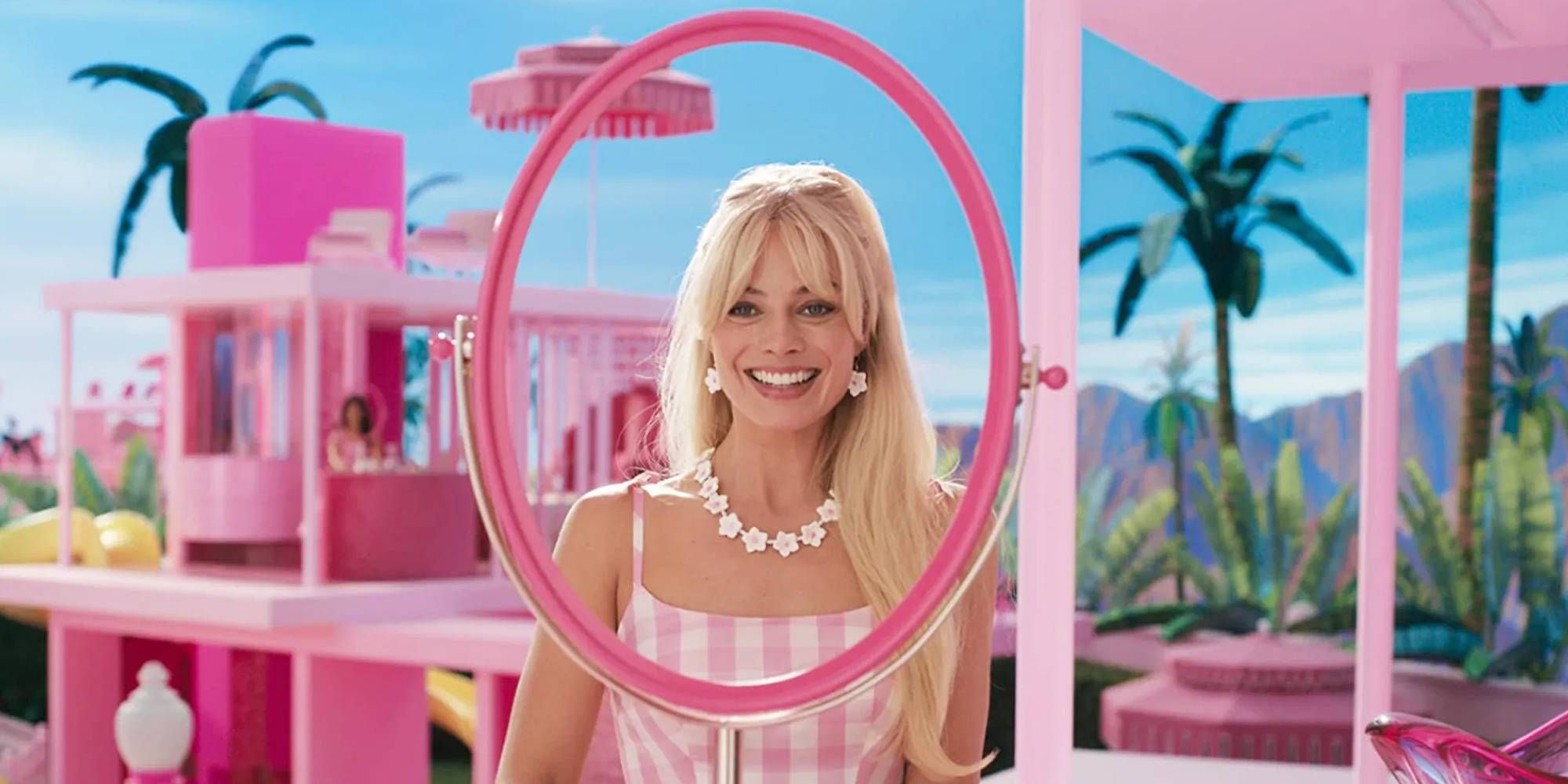You’ve probably already heard about the upcoming Polly Pocket movie, and that Lily Collins will be starring as lead with Lena Dunham attached to the film for writing and directing. This is just one of several Mattel movies slated for development, including a Daniel Kaluuya-produced, Spike Jonze-inspired Barney, a “grounded and gritty” JJ Abrams-produced Hot Wheels movie, an American Girl family comedy, and far more. Of course Mattel is going full-force into the movie realm – Barbie grossed an unthinkable $380 million worldwide in its first five days in theaters. They’ll be looking to replicate this, as many times as possible, and as often as possible. The world is burnt out on bad superhero movies, so they’ll feed us films about toys instead.
Listen – I liked Barbie. I gave it four stars on Letterboxd. It was fun and colourful, I got to see Ryan Gosling shout “Sublime!”, I loved Allan, and I shed a tear or two at that one very poignant montage that everybody loved and Greta Gerwig fought to keep in the movie. But the one thing that struck me the entire time was that it was portraying the most simplistic distillation of feminism possible, and at its core, it’s a very long advertisement for Barbie dolls. Sure, it’s self-aware in its portrayal of Mattel executives, even poking fun at the fact that they’re more driven by profit than anything, but that doesn’t change the fact that it exists explicitly as a marketing push by Mattel to sell more products and make more movies. The CEO of Mattel himself said, “Our ambition is to create film franchises.”
I find it deeply disturbing that movies like American Doll and Polly Pocket will likely be in the same vein. Mattel is hiring very talented stars to create their films, yes, and I cannot help but desperately want to see a weird Barney movie just to see what it could be like, but Barbie has soured me on the whole premise. They are taking the most basic of liberal values and turning them into trite storylines for their glorified ads, which while well-executed and fairly clever, are not the least bit radical. The reported negotiation between Greta Gerwig over the controversial aspects of her script (which, again, are only controversial because it’s made for a corporation) only serves to feed into the perception that both filmmaker and corporation were brave to collaborate together at all – it demonstrates that Mattel is willing to look bad in service of Good Art. In reality, Mattel is willing to look bad in service of its bottom line.
None of this detracts from the talent or skill of the filmmakers or actors involved, but the discourse around Barbie being the feminist film of the year is deeply weird, all things considered. America Ferrera’s monologue about the difficulties of being a woman is impassioned and emotional, but it’s also something I could have told you at age fourteen after years of using Tumblr. The only person who said anything even remotely close to a hot take in that movie was a cynical teenager who acted as the strongest critical voice against the concept of Barbie, and even she was turned around by the power of female solidarity in the end. The hiring of Lena Dunham for the Mattel movie was a calculated move, and it’s foolish of us to think otherwise. Enjoy the movies for what they are, but don’t fool yourself into thinking these films are revolutionary in any way. Capitalist girl power isn’t actually girl power.


